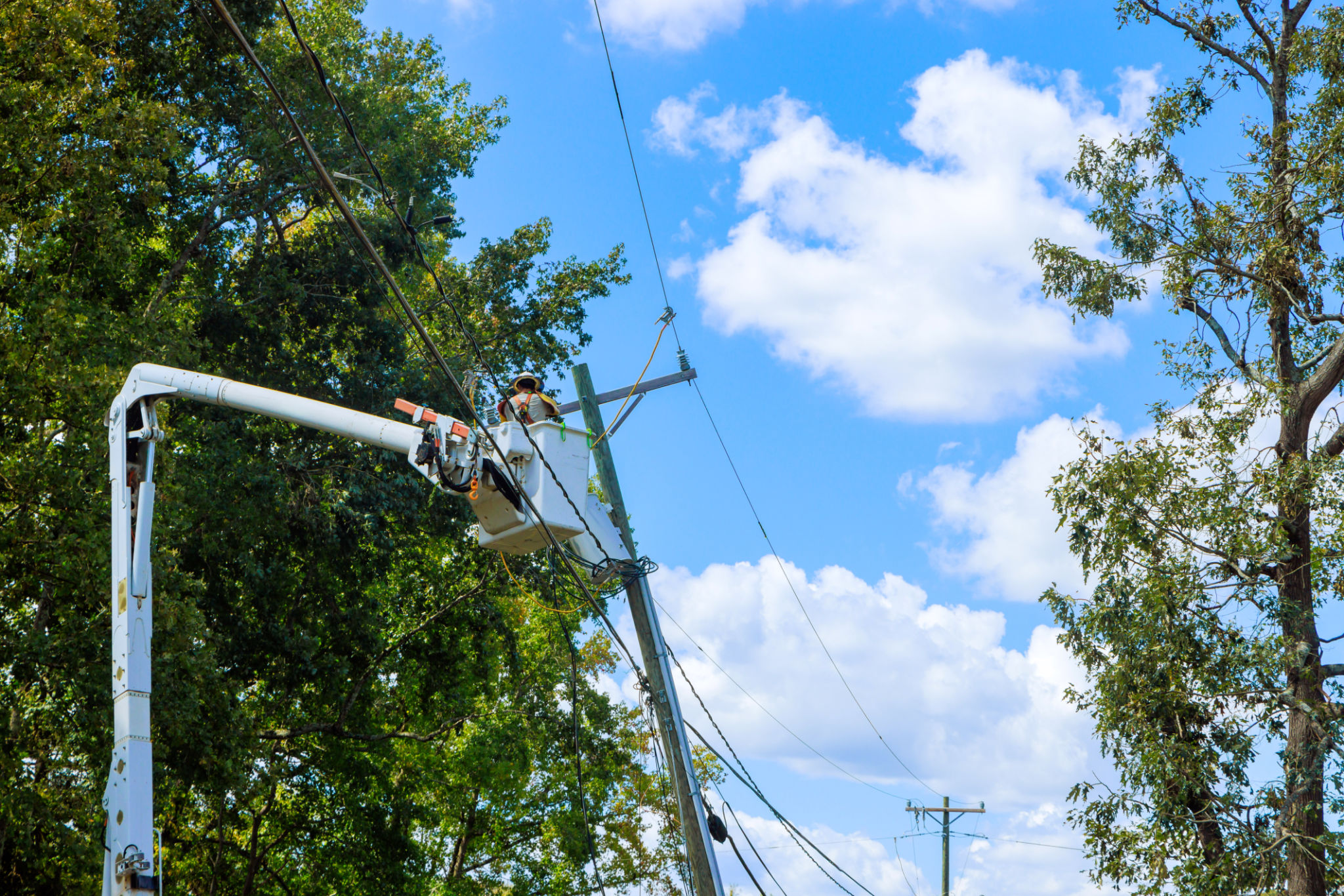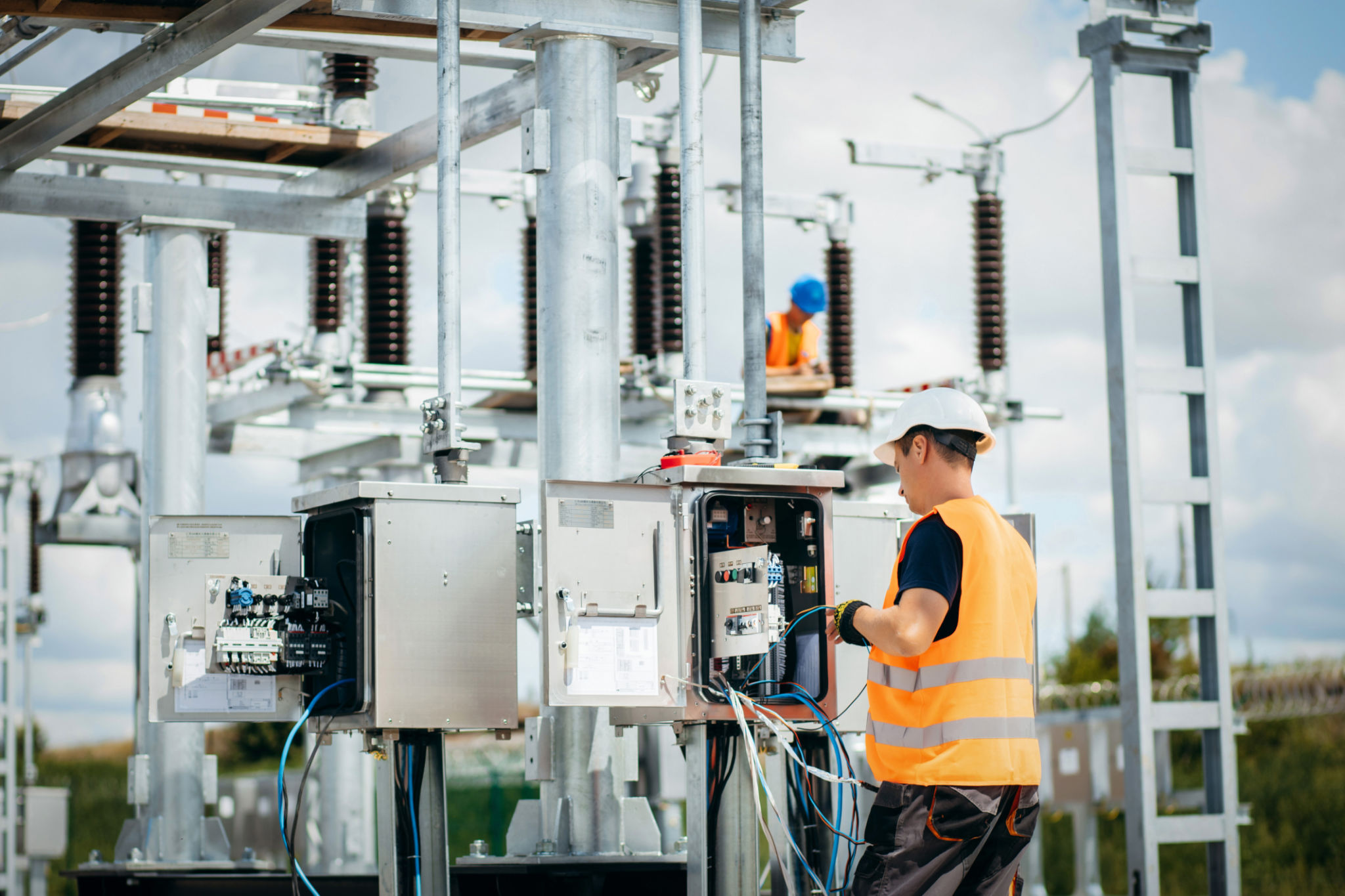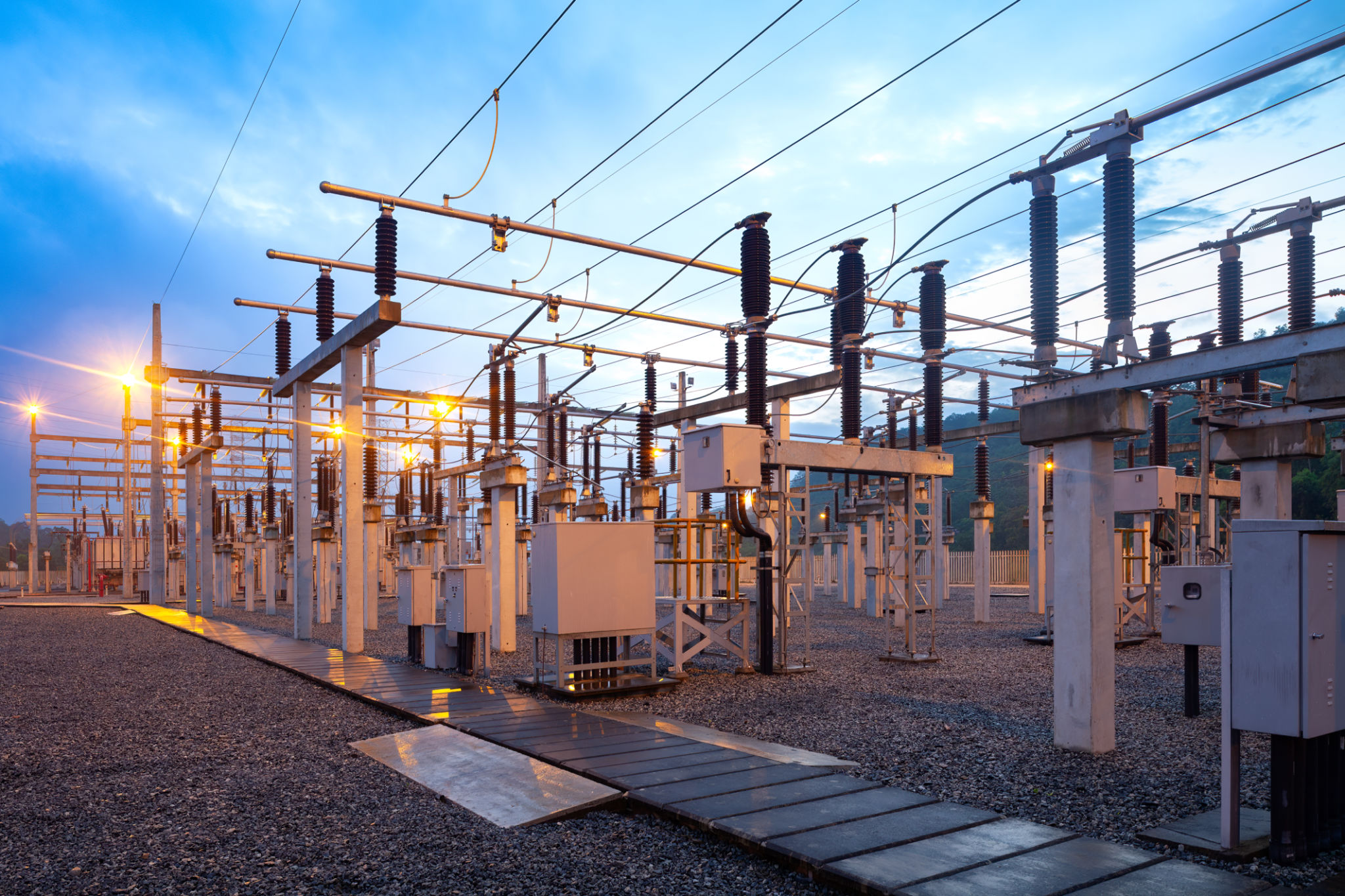Understanding the Role of Maintenance Scheduling in Preventing Power Outages
fp
The Importance of Maintenance Scheduling
Maintenance scheduling is a critical component in the management of power systems. Its primary role is to ensure the reliability and efficiency of power supply infrastructures. By systematically planning maintenance activities, utility companies can significantly reduce the risk of unexpected breakdowns and power outages, which can have far-reaching consequences for both residential and commercial consumers.
Power outages can disrupt daily life, halt business operations, and even pose safety risks. Regular maintenance helps in identifying potential issues before they escalate, ensuring that power systems operate smoothly. This proactive approach not only minimizes downtime but also extends the lifespan of the equipment.

How Maintenance Scheduling Works
Effective maintenance scheduling involves a strategic approach that includes both routine inspections and preventive measures. This process is conducted by skilled technicians who assess various components of the power system, such as transformers, circuits, and power lines. They perform necessary repairs or replacements based on the findings to maintain optimal performance.
Typically, maintenance scheduling follows a predefined calendar, which is developed based on historical data and manufacturer recommendations. This calendar helps in ensuring that no component is overlooked and maintenance tasks are performed consistently across the entire network.
Components of a Maintenance Schedule
A comprehensive maintenance schedule includes several key components:
- Inspection Timelines: Regularly scheduled inspections help in early detection of potential failures.
- Maintenance Tasks: Specific actions such as cleaning, lubrication, and part replacements are planned.
- Resource Allocation: Proper allocation of manpower and materials ensures efficient maintenance operations.

Benefits of Preventive Maintenance
The benefits of preventive maintenance in preventing power outages are manifold. One of the most significant advantages is cost savings. Although there is an upfront investment in regular maintenance, it is far less costly than dealing with emergency repairs or compensating for prolonged outages.
Moreover, preventive maintenance enhances the reliability of power supply. When consumers can rely on uninterrupted power, it boosts confidence in the utility provider and improves customer satisfaction. Additionally, it contributes to energy conservation by ensuring that systems operate at peak efficiency.

Challenges in Maintenance Scheduling
Despite its numerous benefits, maintenance scheduling is not without challenges. Coordinating maintenance activities without disrupting the power supply requires meticulous planning and execution. Weather conditions and unforeseen events can also impact the schedule, necessitating flexibility and adaptability from the maintenance team.
Furthermore, as power systems become more complex with the integration of renewable energy sources and smart technologies, the scope of maintenance broadens. This complexity calls for continuous training and upskilling of technicians to keep pace with technological advancements.
The Future of Maintenance Scheduling
Advancements in technology are paving the way for more efficient maintenance scheduling practices. The use of predictive analytics and artificial intelligence plays a significant role in anticipating equipment failures before they occur. These technologies analyze data from various sensors and provide insights that guide more accurate scheduling decisions.
As we look to the future, integrating smart grid technologies with maintenance practices will become increasingly important. Such integration will enable real-time monitoring and control, further reducing the risk of power outages and optimizing resource use.
